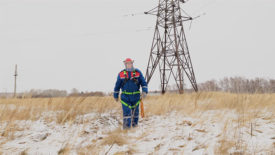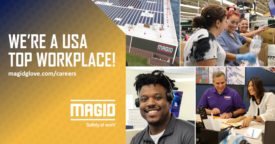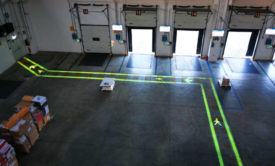Environmental Health and Safety
NFPA 660: One combustible dust standard to rule them all
Answers to common questions about the upcoming changes
February 8, 2023
Best Practices
How to prepare for rise in cancer rates
Survey on work-related exposure in EU to be published this year
February 6, 2023
Become a Leader in Safety Culture
Build your knowledge with ISHN, covering key safety, health and industrial hygiene news, products, and trends.
JOIN TODAYCopyright ©2025. All Rights Reserved BNP Media.
Design, CMS, Hosting & Web Development :: ePublishing











